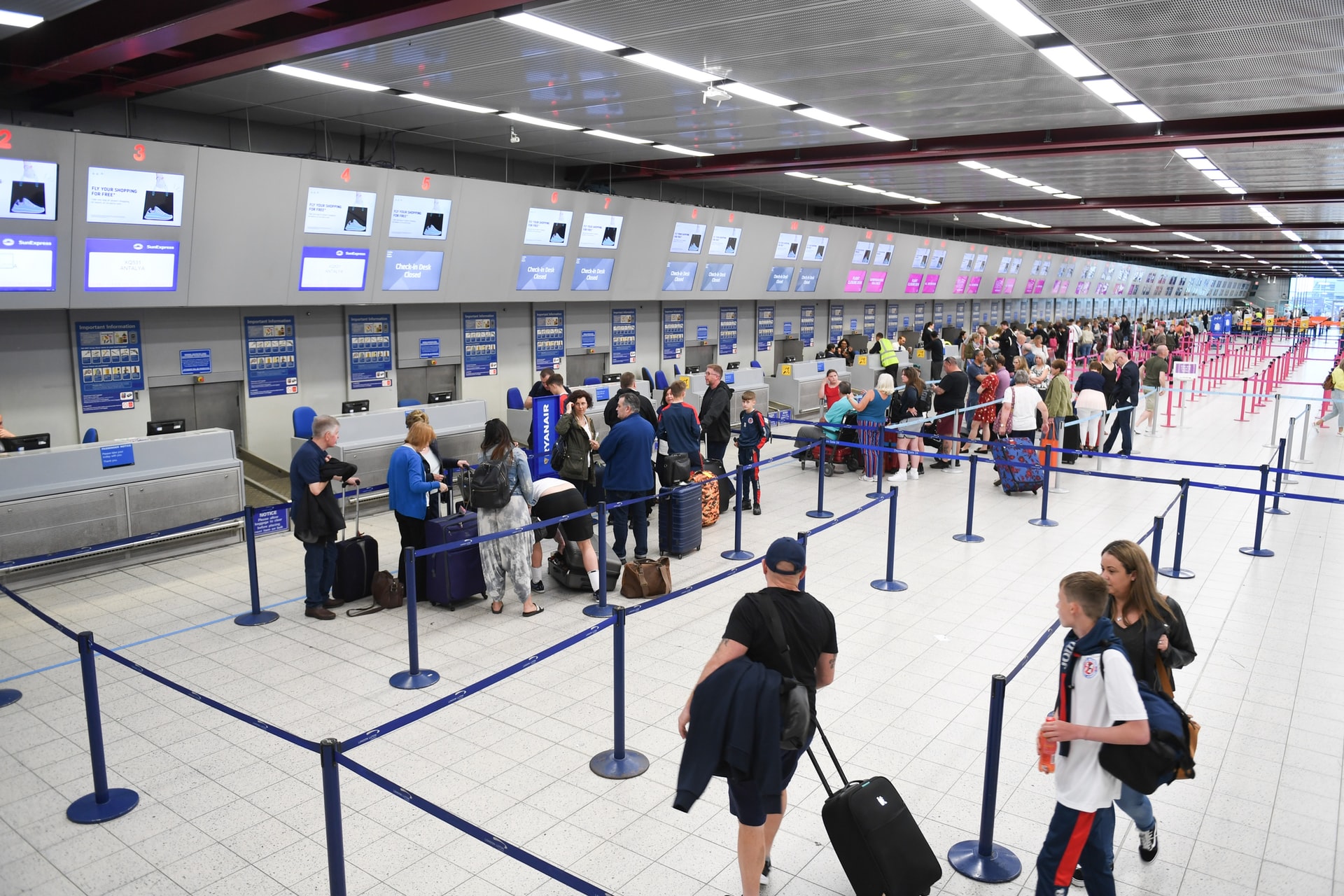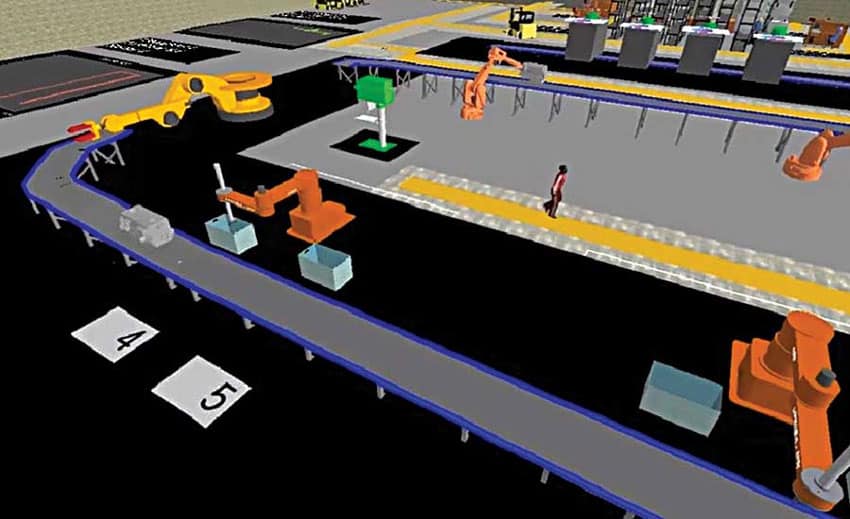Operations Research
The scientific approach to decision making that seeks to best design and operate a system, usually under conditions requiring the allocation of scarce resources.
What is operations research?
Operations research, also known as OR, have been used for decades to help organizations make better and smarter decisions. Operations research uses analytical methods to determine the most effective way to operate a system. One can view a system as an organization of interdependent components that work together to accomplish the goal of the system (e.g. a bank, agriculture company, university, motor vehicle manufacturer, grocery store, hospital and health care facility, oil refinery, nursing home, military base, network and telecommunication company, restaurant, and many others).
Examples of operations research applications include a food processing plant that wants to know how many hot dogs and hot dog buns to produce, respecting their resources capacity, in order to maximize their total profit. Another example includes a courier delivery company that wants to know an optimal route for each of their vehicles in order to minimize the total millage cost and operational costs. An e-commerce company can use operations research to determine their inventory policy with minimum cost while a fast food chain restaurant may benefit from operations research to improve the time customers wait in line to be served.
Operations research frequently uses mathematical models as a tool to decision making. From a high-level perspective, a mathematical model is a mathematical representation of a system that may be used to make better decisions or simply to better understand the system. Most of operations research models are considered prescriptive models. That is, models that “prescribe” behavior for an organization that will enable it to best meet its goal(s). In fact, operations research is categorized in the class of prescriptive analytics.
Do you want to know more about what operations research is, what can be done with operations research, its applications, and its impact to our society? Check the information below and the videos on the right made by the Operational Research Society and the Institute for Operations Research and Management Sciences (INFORMS).


Where can operations research be applied?
Some of the applications using operations research tools have determined public health and disease prevention/treatment policies, optimized city logistics and humanitarian supply chain operations, improved production planning and manufacturing processes, established governmental policies for water and energy, helped the military and defense build technologies and more effective procedures, and improved operations of the airline industry. Basically, operations is used daily to optimize and improve systems from several industries including:
What are some methods in operations research?
Optimization
Optimization in operations research seeks to optimize systems through the use of mathematical models. Some of these models include linear programming, integer and mixed-integer programming, nonlinear programming, and stochastic programming. Optimization models either maximize or minimize an objective function (e.g. profit/revenue/cost, distance, time, waste, etc.) restricted to a set of constraints (e.g. labor/space capacity, material/time availability, required demand, chemical and/or physical properties, inventory policies, etc.). When these models are optimally solved, they provide a solution to decision makers that satisfies all the constraints of the system and provide the best possible objective function value. Optimization is a powerful tool in operations research and has proven to save millions of dollars in numerous organizations.

Examples of successful case studies








